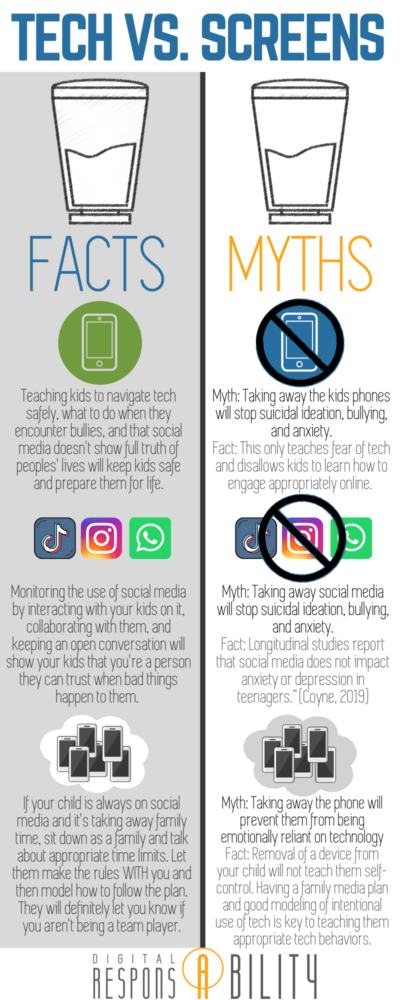

Quite simply, yes. Those most affected financially commonly use library computers. As a public librarian I often helped patrons who did not have other access to a computer or the Internet. They were often looking for jobs, filing taxes, legal documents, or looking for other online information. During the pandemic many branches were closed to the public for months. In a PLA article titled, “Public Libraries Respond to COVID-19” which was posted April 9, 2020, 98% of public librarians who responded said their facility was closed. (See https://ejournals.bc.edu/index.php/ital/article/view/12847)
The same article states that “More than 20 million people lack home broadband access, and public libraries often fill that gap, providing the only source of free access to computers and the internet- hosting early 259 million computer sessions in one year.” The most ironic thing about COVID and public library free computer use was that the increase in online information and services libraries often provided couldn’t be accessed by those who had previously relied on those libraries for those services.
I retired from my job as a children’s librarian in January of 2020 to help care for four of my grandchildren, just missing the COVID library closures by a few months. I loved doing story times, and we had as many as 80 to 110 attendees for some of the five weekly sessions. After years of watching the same children grow up, I could see the effects of early literacy with them. With supportive, encouraging parents, library “celebrations” for books read, literacy tips and enthusiastic story times, I saw voracious and capable readers coming back to visit after they had started elementary school. I recently spoke a librarian friend who stated they are now (April 2022) just returning to regular story times. This means a whole “generation” of story time children missed out on that experience.
Poverty alone has a significant effect on literacy. Decades of studies find that children from low-income homes usually enter school with fewer language skills, and usually score 1-2 years behind in standardized language testing. This gap begins around eighteen months of age, when children are just beginning to develop more complex language skills. Why do fewer parents who are poor come to the library? There are multiple factors. Certainly the emotions caused by poverty have some effect- depression, fatigue, anxiety and frustration. Tired parents tend to give shorter answers and use more “command” language rather than language rich in content and communication. This is especially true in households where only one parent is present, and born out in studies that show in a year children from poor families hear 250,000 utterances. In contrast, those from wealthy households hear sixteen times more- four million utterances. (See https://borgenproject.org/poverty-affects-childrens-language-skills/)
If a parent has access to Internet, they can help their child listen to stories on sites such as YouTube, call relatives to video chat, and get homework help. This can serve to bridge the comprehension gap, but only if they have access and their parent understands how and approves of that use.
My daughter, her husband and their two children live in rural Maine and do not have a traditional “land line” phone. They were quarantined last year with COVID. Without the Internet, they would have been isolated from family, friends and resources. My daughter expressed how grateful she was to be able to still be in contact with loved ones, the physical therapy clinic she and her husband own, and their daughter’s teacher. At one point all six of my school-age grandchildren were involved in online learning.
A Pew Research poll from April 2020 found that about 20% of all homebound students did not have access to a computer or reliable internet. Three in ten students would have to do schoolwork on a cell phone. I know personally how difficult it was to care for a kindergarten student and second grader who had Chromebooks for online learning, while trying to entertain a three-year-old and an eighteen-month-old. Imagine children on regular computers much of the day who couldn’t be watched over constantly, as well as those without any services.
In part this is why Digital Respons-ability is so invested in teaching children even as young as preschool the first lessons in digital citizenship, including online safety, wellness and appropriate use of technology.
Written By Susan Jeppesen, B.A. Elementary Ed., Digital Respons-Ability Trainer






